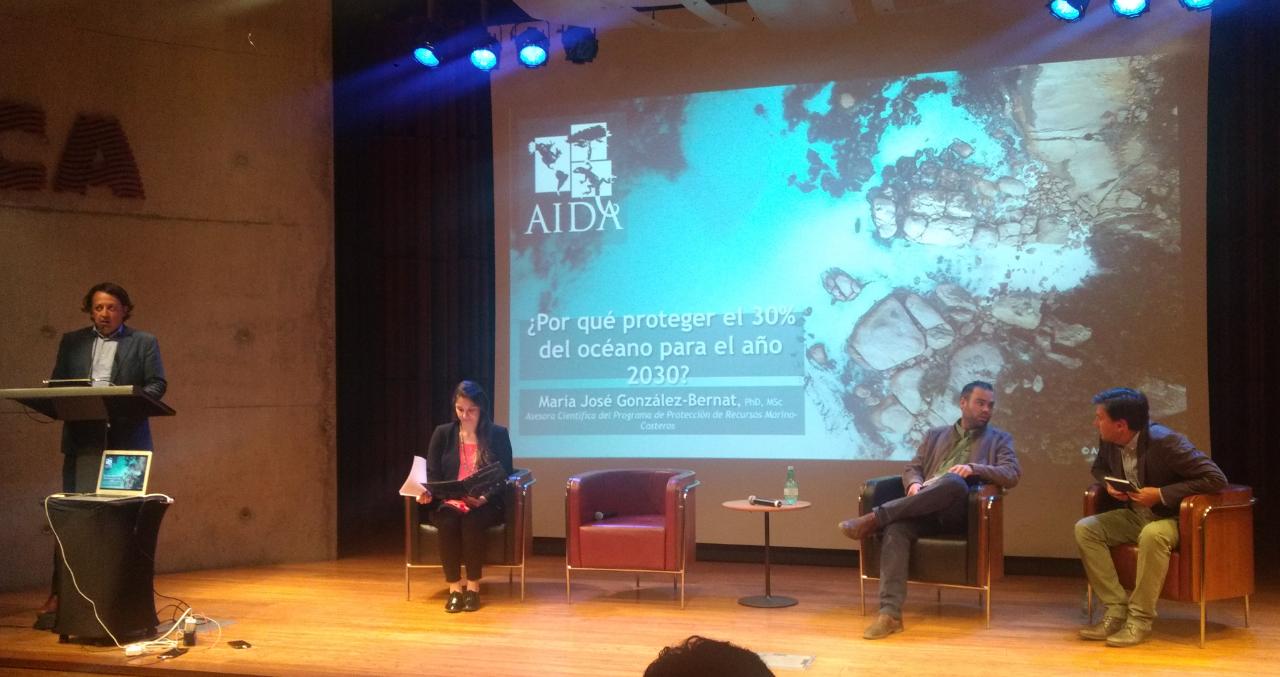
Withstanding a Pandemic in South America's Second Largest Forest
The Ayoreo-Totobiegosode are the only indigenous people in the Americas outside of the Amazon Basin who are living in voluntary isolation. In Paraguay, as obligatory guardians of their forest home, South America´s Gran Chaco, they continue to struggle to protect thousands of trees from illegal logging, even in the midst of the global crisis caused by COVID-19.











Comentar